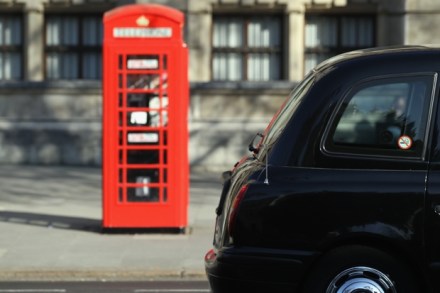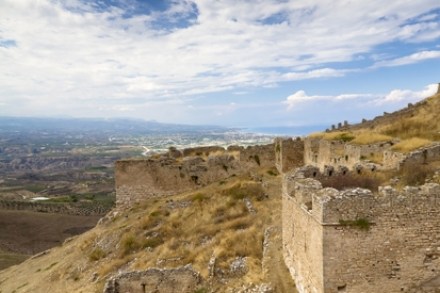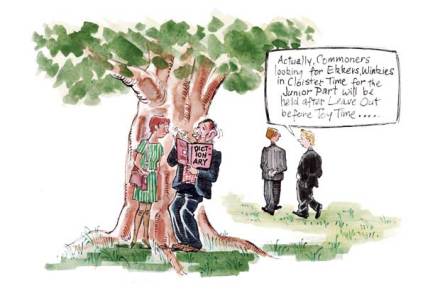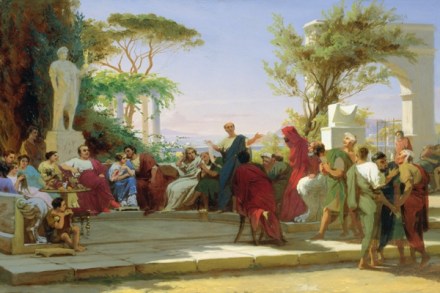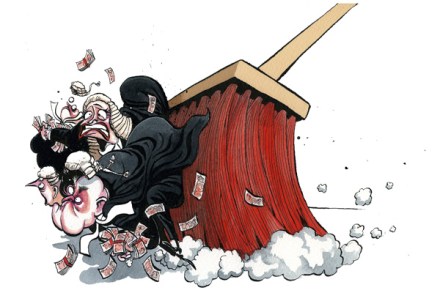The case against London cabbies
I lost my misguided faith in black cabs last week, on the corner of Royal College Street in north London. It was the tiniest trip — 2.4 miles from Bloomsbury to my Camden flat at 11.30 in the evening. Hard to mess up, too: empty roads, good weather and the easiest of routes — practically
